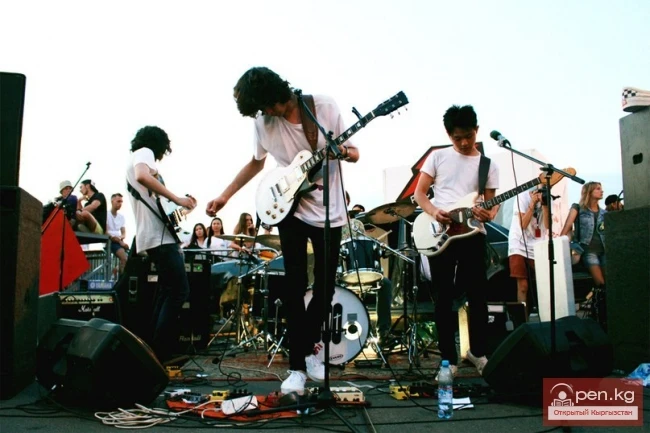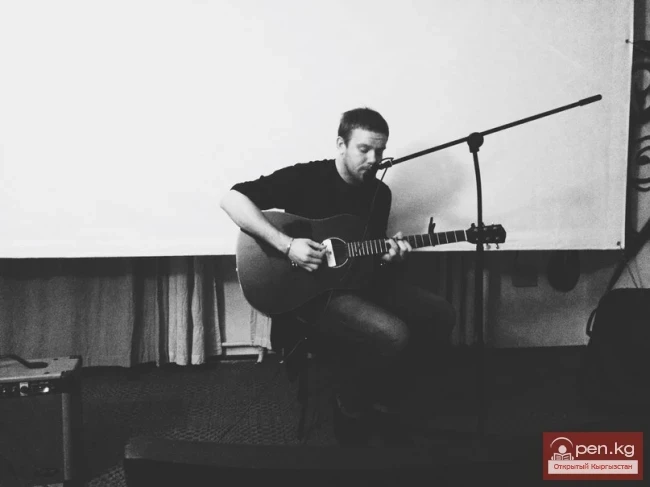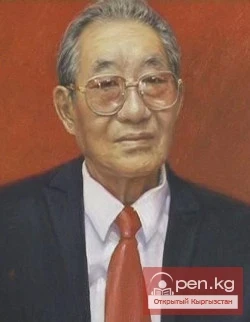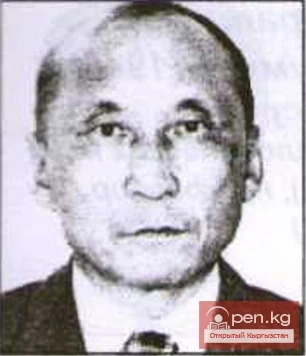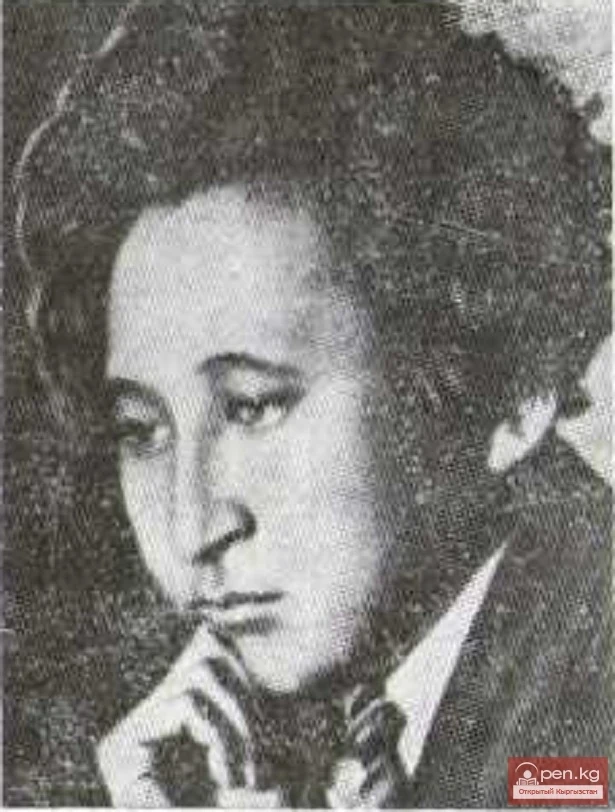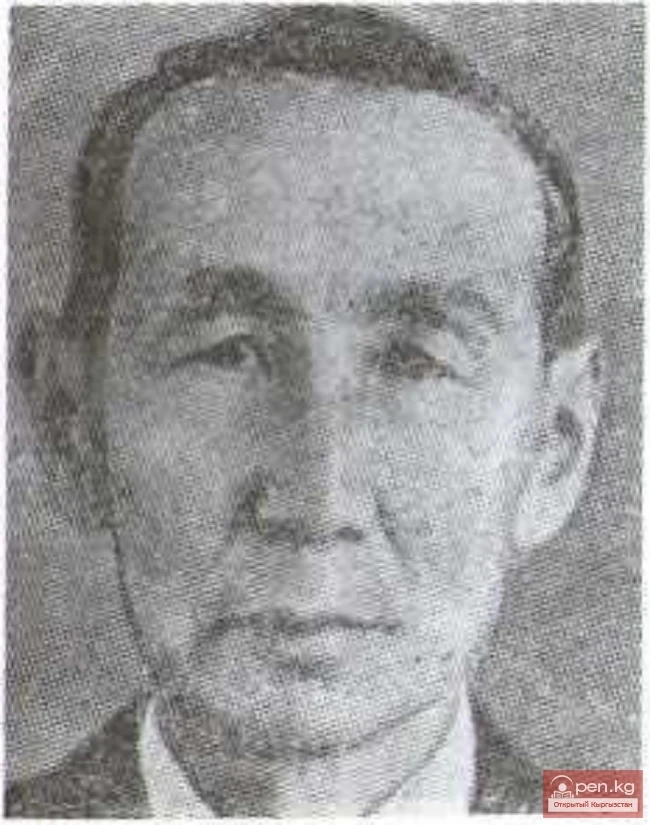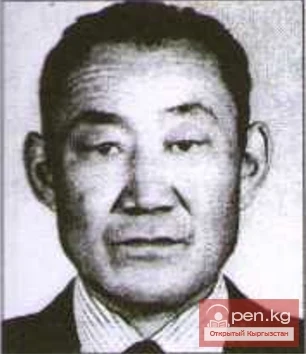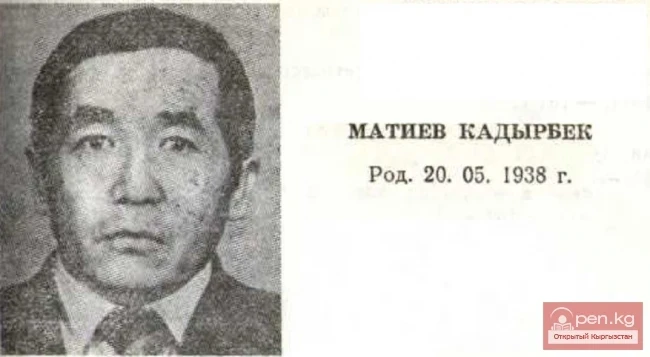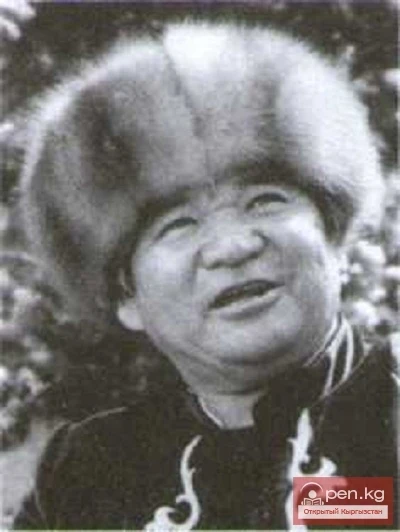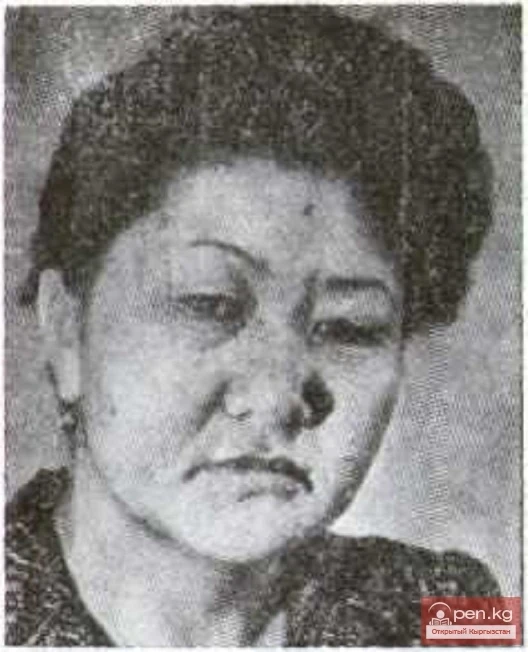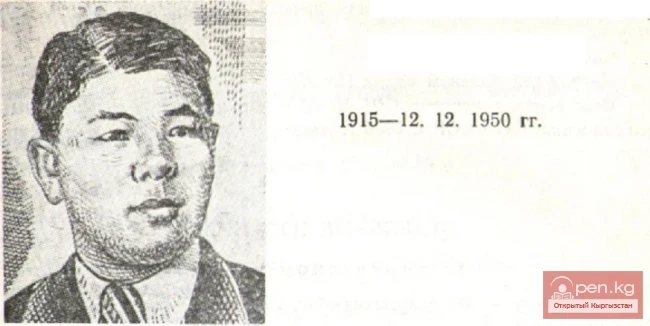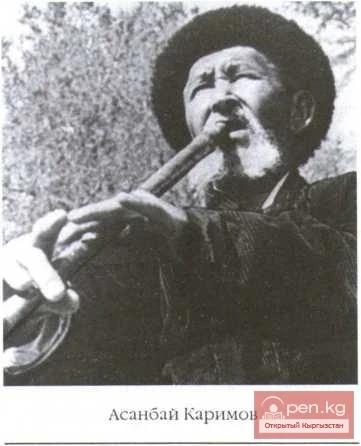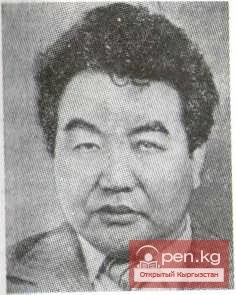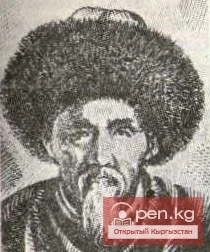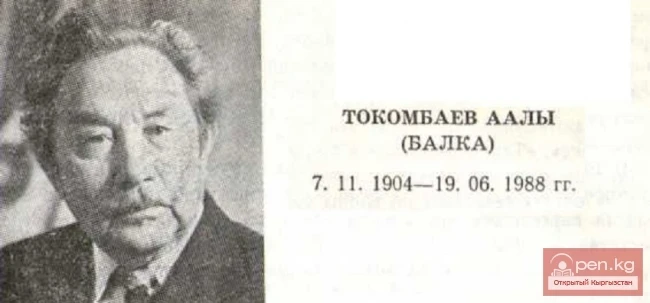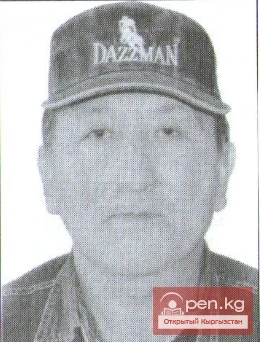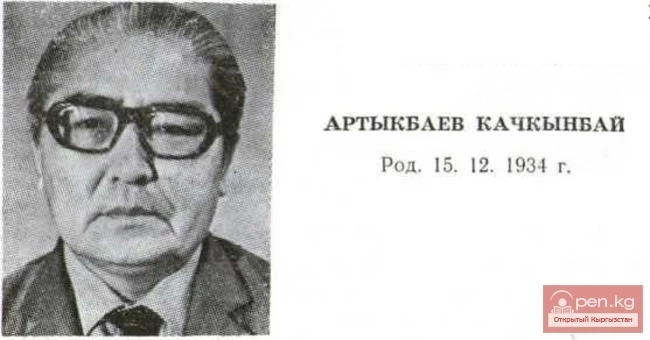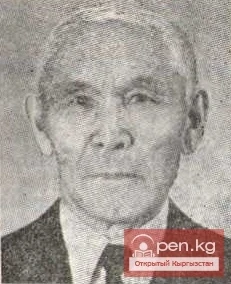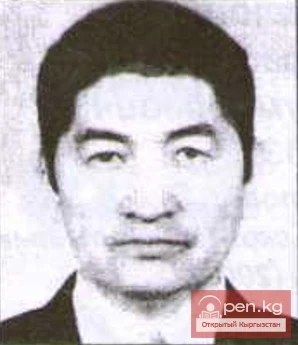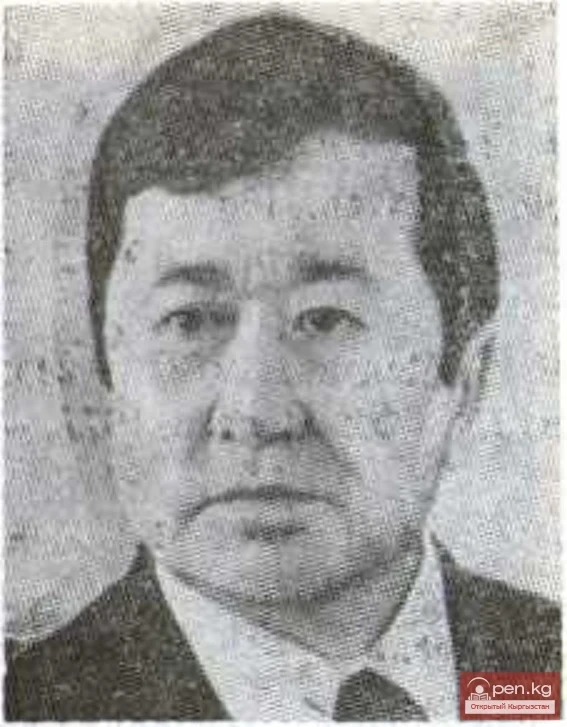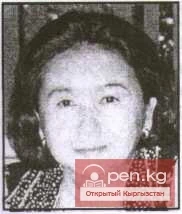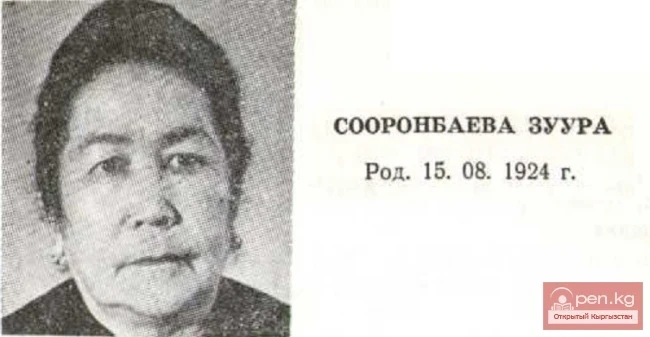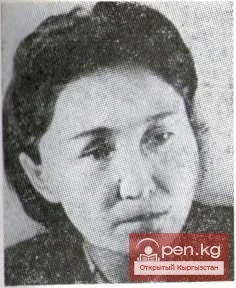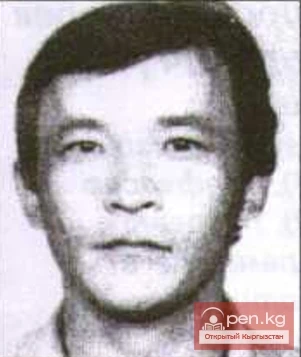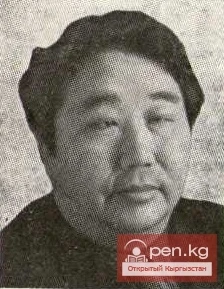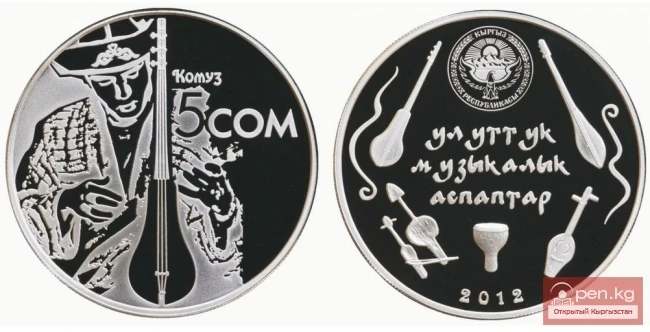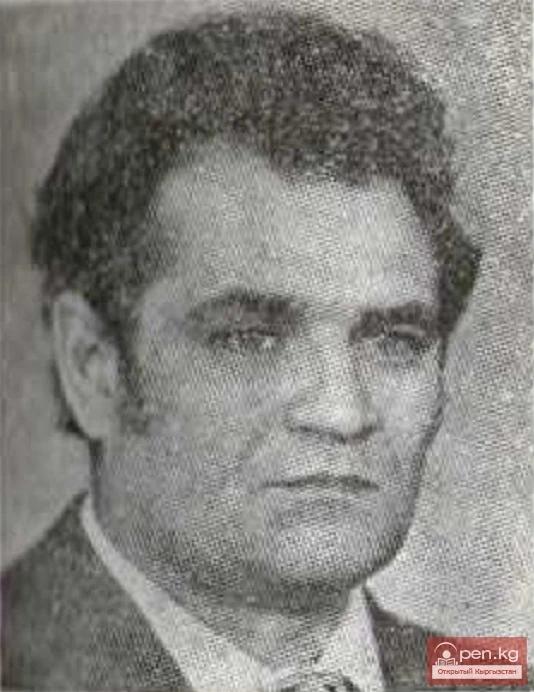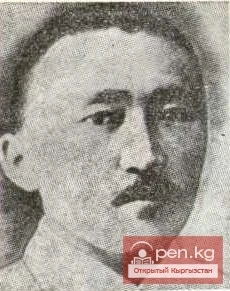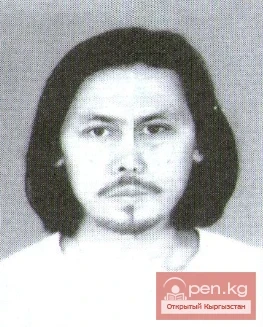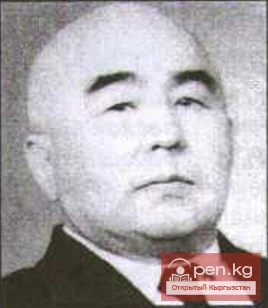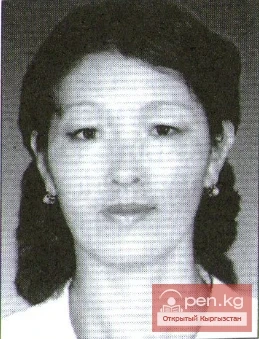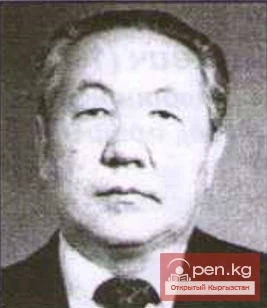Ulukbek Kanashov, a native of Kyrgyzstan, grew up in Moscow and at the age of 21 created the label "ASTRA," which promotes emerging musicians.
The idea to create his own label came to Kanashov when his music public on the social network "VKontakte" gained over 40,000 subscribers — even then, the Kyrgyz had connections among musicians, producers, promoters, and the management of music venues.
Currently, the "ASTRA" label is promoting six music groups simultaneously.
In an interview, Kanashov talked about what his label does, why he came up with this idea, and how difficult it is to promote young artists.
The narrative is presented from the perspective of Ulukbek Kanashov. The questions were asked by correspondent Metin Jumagulov.
A music label is, roughly speaking, an organization that promotes its resident musicians. We have several artists, our own small community, mostly based in Moscow.
The main task of the label is to distribute the musicians' releases: singles and albums. We sell them on Google Store, iTunes, and distribute them online. We also organize concerts, album presentations, and sometimes even small tours across Russia.
I created the label based on the public group on "VKontakte." Our group is a music blog where its administrators share their musical preferences and introduce new artists to the public. Initially, the group was created for ourselves, to share our preferences with someone beyond a narrow circle of friends.
When monetization of the public through advertising began, things took a more serious turn. Importantly, thanks to the public, I gained very useful contacts: musicians, promoters, and Russian music venues that needed advertising in my public group.
We are known to those who need it. Currently, our group has 90,000 subscribers. Personally, I think this is a bit small, although in 2011-2012, when everything started, the current number of subscribers seemed impressive. Our public is quite popular among people who are into underground music — I wouldn't say it's something mainstream.
I already had all the necessary contacts when I decided to take advantage of this and do something useful. The idea to create a label came to me when I started categorizing music by labels. Then I realized that there are very few independent labels in Russia, and not all of them operate stably. I wanted to create something new that would be in demand. So far, everything is going well, there is demand, and I see no reason to stop my activities.
Initially, we planned to stick to the synth-pop genre — dance electronics in Russian. We thought it would be a breath of fresh air in the independent Russian music scene.
A little later, our small community of musicians who played in this genre fell apart. I decided not to limit myself to one genre. Now our label is completely multi-genre, multilingual, and we adhere to no boundaries. The main criterion I have is that the music really needs to appeal to me.
I am a music lover. I can be captivated by very different music.
At first, I wasn't looking for artists; I already knew them and simply offered to collaborate. Some didn't believe, while others supported me. Later, I began to find promising artists in my opinion. Recently, we crossed that line where you no longer work for the name, but rather the opposite. This is very encouraging. Over the last summer, I received about a dozen letters requesting to consider collaboration. We have already taken on three or four artists.
Business relationships in the label are built on mutual trust. I adhered to the ideology of never signing contracts with my residents. Initially, this was unnecessary. Now there is a need for it, but I don't do it. I believe that when you sign a contract, you show distrust towards the artist or vice versa. You anticipate conflict. The relationship between me and the groups is based on trust. For me, a resident of the label is not only someone I do business with but also someone I can have a good time with. For me, the label is something like a family.
All these tours, presentations, releases — they are not difficult, rather exhausting. You need to build plans and try to stick to them. There is no need for heavy physical or mental labor here. What is needed is patience and negotiation skills.
My work does not take the whole day. It all depends on what stage we are at. If a release is upcoming, it requires time and some effort. Otherwise, I can engage in other activities. Sometimes I can spend the whole day in front of the monitor solving something, and the next morning I might even forget that I have a label.
There is profit, but it is small because this entire market is just developing, and we are pioneers in this field. With the development of the scene, I hope that in the future it will bring substantial income. For now, income from the public comes from advertising; we announce various events in it and do advertising for some products — not necessarily related to music. The label's earnings come from sales of releases, and we also take a percentage from the artists' fees for their performances.
I can't even say whether this is a hobby or work for me. Rather, it is neither. Right now is a transitional moment when the label's activities are smoothly turning from a hobby into work for me.
We distribute our content not only through the internet. In March, we released a mini-album by the Tashkent indie rock band Cruel Tie. And we distributed their album on CD. The discs were sold during their tour. Now we are preparing our next release, which we plan to press on vinyl. The print run is small, but I think it will be worth it.
I do not judge people who listen to and download music for free. For emerging labels, this is a plus because free distribution is a good promotional tool. People get acquainted with the music — if they like it, they will attend our concerts.
Nevertheless, music should be purchased. Without this, it would not develop. Currently, the development of the independent Russian scene is somewhat stalled, simply because people have not yet realized that downloading music is illegal; it needs to be bought. Or listened to through services like Spotify, from which we also receive income. Maybe this is utopia, but I want people to realize in the future that they need to acquire music.
In my school years in Bishkek, I had my own band. We played Britpop, which at that time was the cutting-edge genre for the Bishkek scene. We were popular not only in school but also beyond it. Later, the band fell apart. Over time, I realized that I wasn't such a good musician. I would rather spend my time developing truly talented people — I have a knack for that.

I am really looking forward to the emergence of truly talented Kyrgyz performers. Groups that will not be ashamed to show on the Russian scene. So far, I do not see such groups that I would like to grab onto and develop. I had a dream to collaborate with Nurbek Savitakhunov. I am a big fan of his; I followed his work when he started in America, in London, writing English-language folk. When he came to Bishkek, he adapted to the local scene, and unfortunately, he stopped his activities. There were good bands like The Rolls, Dad Manki, but they all seem to have stopped developing or existing. But I sincerely want to contribute to the underground of Bishkek. We just have to wait for the day when worthy artists will appear.
At first, I did not receive support from my family. I told everyone that I had a label, but no one had any ideas or understanding of what that was. My mom even suspected that I was involved in shady dealings. Friends supported me, but it is hard to support a friend when you simply do not understand what he is doing. Much more important to me was the support of my relatives, which I did not receive. But for the past six months, my mom has been warmly supporting me. She is happy for my successes; the main thing is that it brings pleasure and income.
I am glad that over time, people are beginning to understand what I do. It is nice that people in Kyrgyzstan are interested in this. Although what I do is not directly related to this country.
Source: kloop.kg

